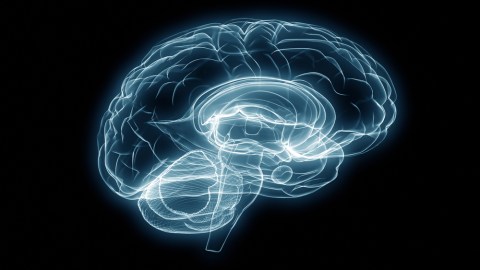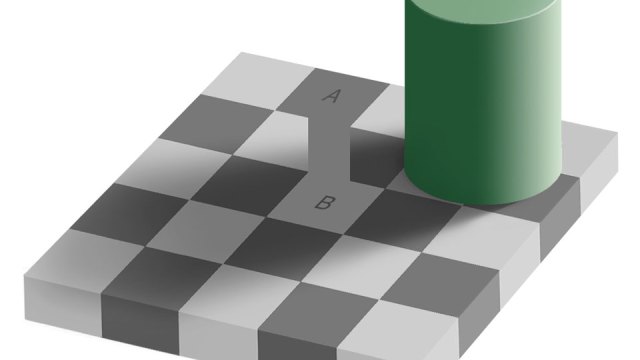The Surprising Neurobiology of the Parental Brain

Some would argue that maternal love is the prototype for all love. There’s a fair argument to be made for that. But really, we think of the maternal bond as being very special and there’s no reason why a similar bond can’t be there between an infant and its father, an infant and its adopted mother, an infant and a grandmother or an aunt or whoever happens to provide the infant with that kind of nurture and care.
So there are also changes that go on in the father’s brain, as much as I would like to argue that their biological commitment to pregnancy is very little, they do go through some changes. Their oxytocin levels change. They also need to prepare for the challenges and rewards of parenthood and some changes are going on.
So as much as I hate to admit it, there is also something going on in that paternal brain and I think, together, this sort of dyad, mom, dad and baby, you know, it’s a circuit. They’re feeding off of each other, they’re raising oxytocin levels, they’re really helping that bond by spending time together and raising the child together.
In Their Own Words is recorded in Big Think’s studio.
Image courtesy of Shutterstock





